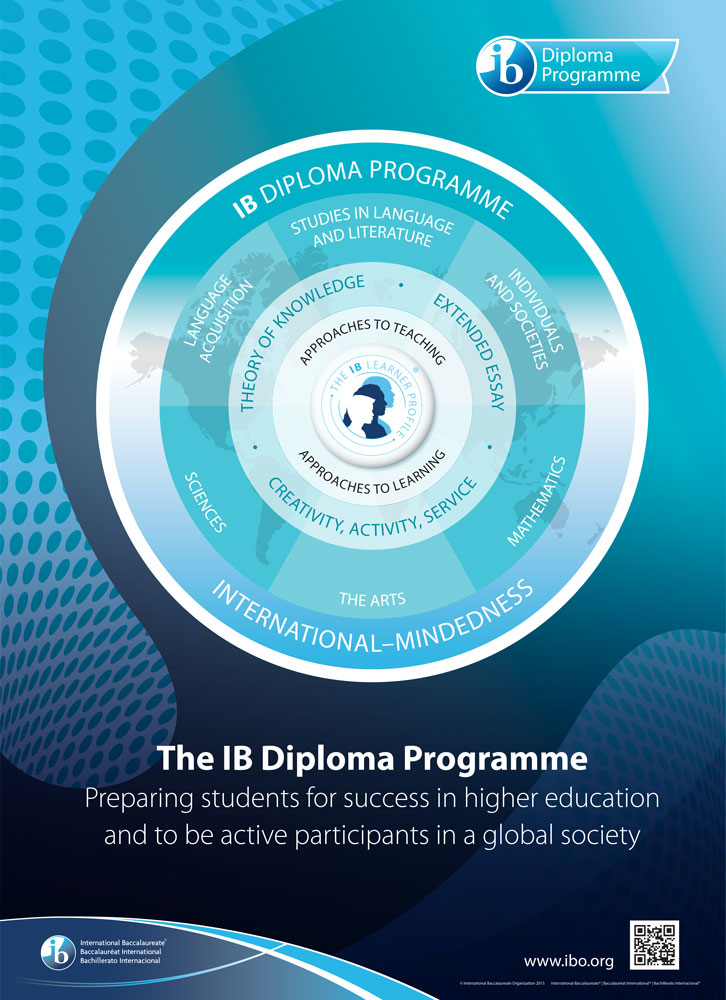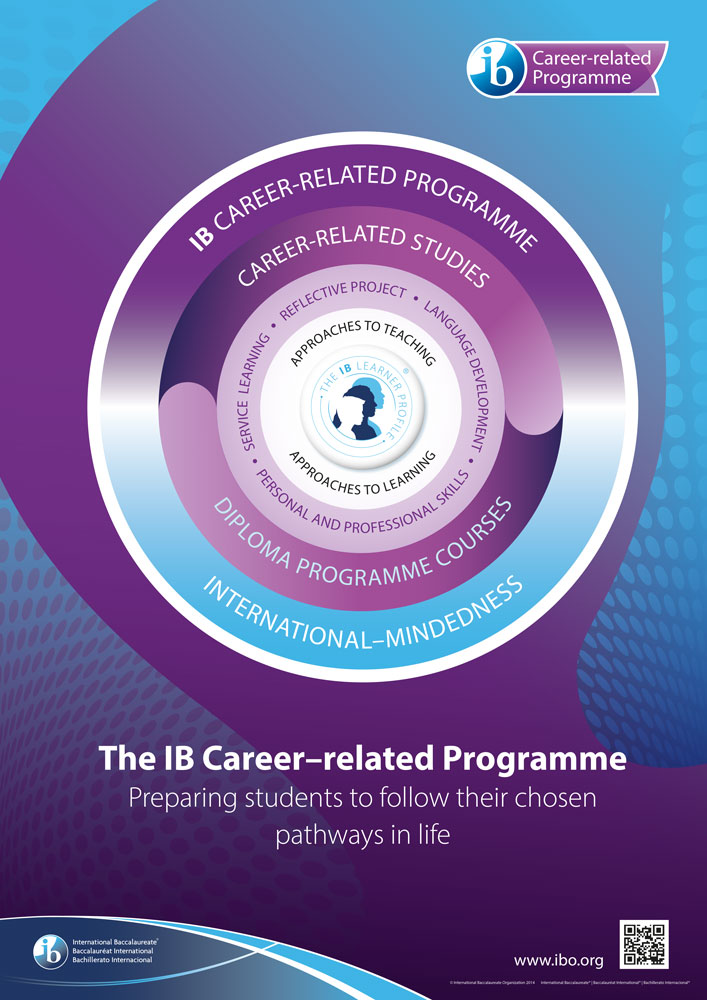Upper Secondary IBDP/IBCP

Years 12 and 13 IB Diploma Programme
Overview
Since August 2015, Al-Rayan International School has offered the International Baccalaureate Diploma Programme (IBDP) in Years 12 and 13. ARIS is an IB World School.
The Diploma Programme enjoys a high level of respect and recognition among the world’s higher education institutions. For students, success in the DP often results in advanced standing, course credit, scholarships, and other admissions-related benefits at many universities. The DP is academically rigorous and noted for its high academic standards, its commitment to service, and for creating international-mindedness through understanding multiple perspectives.

(Years 12 and 13) IB Career-related Programme
Overview
The Career-related Programme (CP) runs parallel to the IBDP, providing a more flexible, international framework for personalized learning while incorporating the values of the IB. This career-related education is geared toward students who want to specialize based on their unique talents, needs, and career aspirations.
Students in the IBCP are required to take a minimum of two IBDP subjects to have a solid theoretical understanding. This is coupled with more vocational and specialized elements of learning that provide practical knowledge and skills, through various sets of internships/apprenticeships. The IBCP is a great foundation for students who require specialized and lifelong skills for better competency in university and their future careers.
As an all-inclusive IB Continuum School, we believe in the provision of the best opportunities that match our student's diversified needs and competencies. ARIS is now authorised to offer the IBCP, making us the first school in Sub-Saharan Africa to offer all four IB Programmes.
A Brief Introduction of IBCP at ARIS
Would you choose the IBCP again?